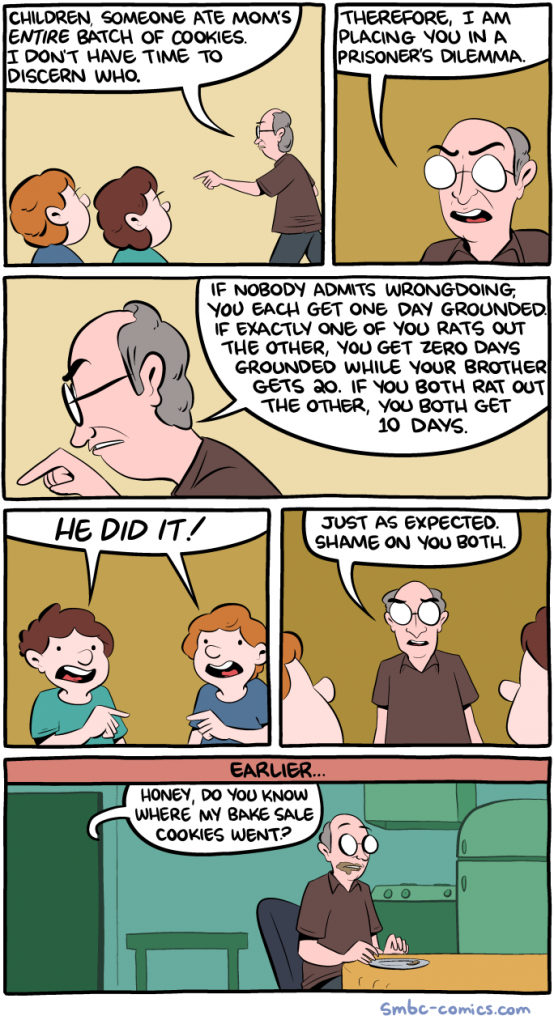Guest post by Jeff Mosenkis of Innovations for Poverty Action.
- Reason to test policies first, transplant edition: A study concludes that a Medicare policy change tying hospitals’ payments to surgical outcomes had an unintended consequence. After the regulation went into effect hospitals moved the most critical transplant patients off the waiting lists and discarded available organs that were less than perfect, presumably to avoid being penalized for a bad surgical outcome. (h/t Dina Pomeranz, as usual.)
- In Science, a program that offered cash grants of about $1000 to people on the brink of homelessness who were facing a one-time crisis (such as a big medical bill) was very effective at keeping them off the streets two years later. The overall program cost was about $10,000 per case of homelessness averted (but could go lower with better targeting), compared to an estimated homelessness cost of $20,000 a year.
- Psychologist Sanjay Srivastava has a syllabus for a course on current findings in replications called Everything is F**ked (it’s actually a good collection of papers).
- Lashawn Richburg-Hayes & Nadine Deshausay of MDRC spoke with the Gov Innovator podcast about findings from a recent series of 15 RCTs with states using small behavioral nudges to improve human services. The interventions were generally cheap, such as a simple change in how information was presented. It’s a very short but fascinating interview; some of the findings and lessons are available here. In addition to the interventions themselves, the researchers also found a few interesting behavioral factors within the orgs:
- Agencies tended to be biased towards adding information to forms (such as repeating legal disclosures), assuming more information is better. The research team explained that simplifying the forms makes it easier for people process and more likely to have the intended effect.
- Lower-level agency employees would apply very strict interpretations of guidelines, often excluding beneficiaries, out of fear of getting in trouble. They found communicating the intent of the program from high levels to the front line employees freed them up to take more lenient interpretations, and ultimately help more people.
- Steve Levitt asked people who were undecided about an important life decision (like leaving a job or relationship) to let him flip a virtual coin online to decide for them (done 20,000 times). Those who made the change were happier two and six months later. (Paper, Atlantic article).
- The NYTimes Magazine has a big feature trying to understand what happened in the Middle East over the last 13 years, following six people from different regions.
From SMBC, if you’re going to have kids, have more than one (via David McKenzie):
Photo credit above, Wikimedia commons



One Response
Psychologist Sanjay Srivastava has a syllabus for a course on current findings in replications called Everything is F**ked (it’s actually a good collection of papers).
golu dolls
golu dolls